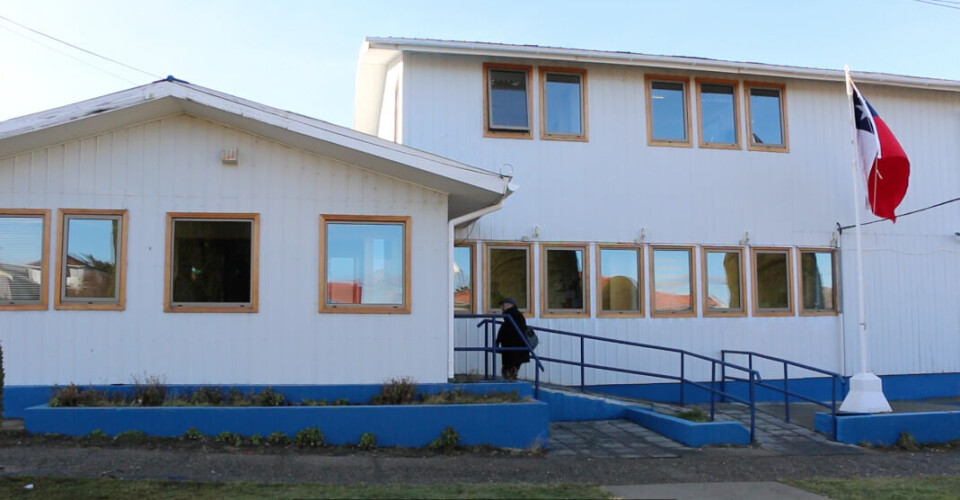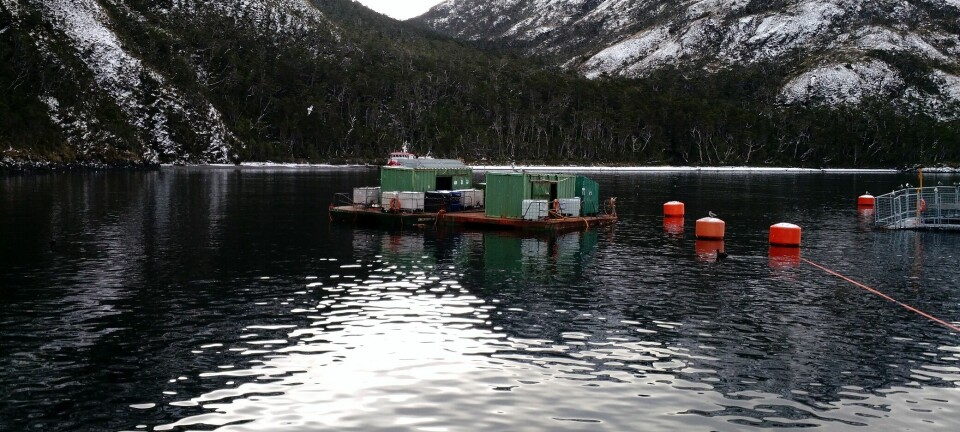
Asset manager joins a lawsuit against former directors and executives of Nova Austral
Moneda has filed a complaint alleging fraud and money laundering, and says it invested in Chile salmon farmer’s bonds after being deceived with false information
There are now two criminal complaints filed in the Court of First Instance and Guarantee of Porvenir, Chile, against salmon farmer Nova Austral by its creditors after the debt-laden company initiated a judicial reorganisation process in the same court, reports Fish Farming Expert’s Chilean sister site, Salmonexpert.cl.
The first action was filed by the Fratelli Investments Company, linked to the Solari Donaggio family. Now, a lawsuit has been added by Moneda, a leading asset manager in Latin America.
Like the Fratelli case, this action is directed against Yngve Myhre, former board chairman of Nova Austral; Halvor Meyer Horten, former director and a current partner at Bain Capital Private Equity; Tom Christian Jovik, director of Nova Austral and principal of Altor; Nicos Nicolaides, former chief executive of the company; and Sergio Montenegro Mikkelsen, former financial director.
They are all accused of being authors, accomplices, and concealers of the crimes of fraud and money laundering.
'Complex fraud'
Moneda’s lawsuit alleges that the defendants “devised a complex investment fraud in order to obtain resources from the capital market supposedly for the company, for amounts up to US$300 million. For this purpose - in 2017 - they issued a bond in the international stock market (NOVAUS 8.25%). The issue of the bond itself was part of said scam, since in reality its purpose was not to obtain resources for Nova Austral SA, but simply to create a value or title with which to capture the interest of future investors”.
Moneda alleges that the bond issue was accompanied by false information about the company’s situation and recounts a series of financial manoeuvres that would have allowed the respondents to later withdraw the company’s resources.
"Deceived by this complex machination, Moneda SA AGF acquired part of the NOVAUS 8.25% bond between the years 2020 and 2022, having resources from the funds it manages for the sum of US$29,524,655, an amount that corresponds to the damage suffered by my clients”, argues Moneda’s lawyer Carlos Cortés Guzmán.
Divesting ownership
Cortés alleges that once the accused fraudulently captured the funds invested by Moneda and other bondholders, they progressively abandoned the management and property of the company.
The directors devised a way to get out of ownership of the company, by selling it to the holders of the bond (debt capitalisation), Cortés writes.
And he adds that since this formula did not work - because at that point the bondholders had already noticed the real situation of the company - the directors "opted to implement a second escape route, proposing a bankruptcy reorganisation in which one of the conditions central is that bondholders capitalise their debts (go from being creditors to owners of the company)”.
Restructure
This is a reference to the process that the company began in June 2023, in the same Court of Porvenir, with the aim of reaching an agreement with its creditors to restructure its liabilities and assets, payment of receivables, operational continuity of the company and the service of its financial debt that it declared to be more than US$ 559.7 million.
In Chile, complainants do not have to wait for the State for file a criminal case. Moneda (and before that Fratelli Investments) filed a criminal complaint with the court in which they exposed to the judge the facts they consider to be crimes and who they consider responsible.
They have also asked the court to send these records to the Public Ministry, which is the state body in charge of investigating and prosecuting in court. The complaint allows Moneda and Fratelli to be part of an eventual trial, with their own lawyers who can request proceedings and propose different penalties than those eventually requested by the Public Ministry.
























































